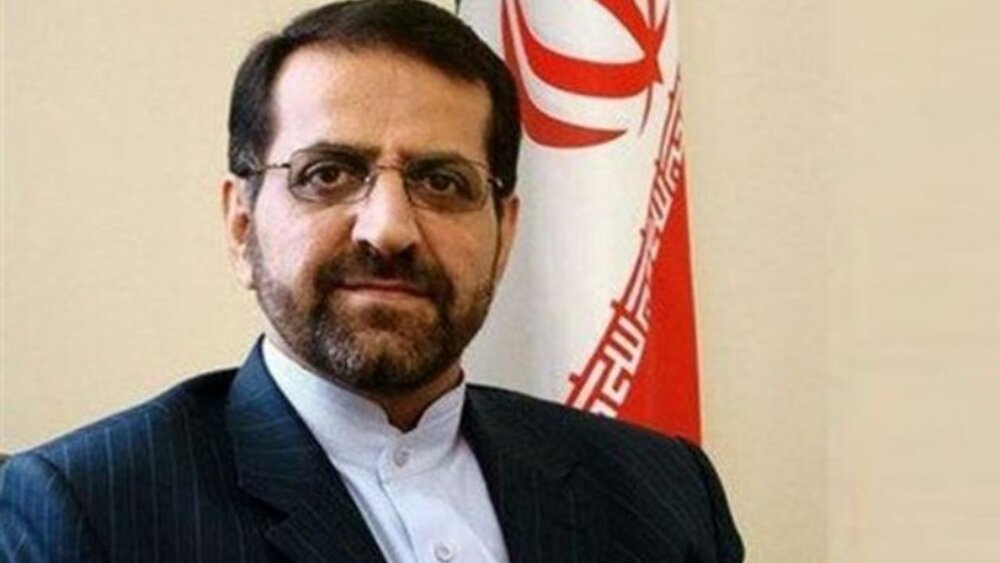Zarif advisor calls UNSC meeting manifestation of multilateralism

TEHRAN - Ali Najafi Khoshroodi, an advisor to Foreign Minister Mohammad Javad Zarif, has said that the recent UN Security Council meeting was a manifestation of multilateralism.
“A result of the meeting was highlighting the importance of the United Nations’ status and multilateral mechanisms against the United States’ unilateral demands,” Khoshroodi told IRNA in an interview published on Saturday.
He said, “Participants in the meeting attached importance to full implementation of the 2231 resolution. So, the United States failed to make other countries and the Security Council accompany its unilateralism.”
In an address to a virtual UN Security Council meeting on Tuesday, Zarif condemned Washington’s “malign” unilateralism, saying the U.S. has undermined global peace and security.
“We have all in past years seen how malign U.S. unilateralism has intently assaulted international cooperation and international institutions. Through its parallel endeavor to supplant international law with U.S. domestic laws, this has directly undermined global peace and security,” Zarif said.
The meeting was arranged under U.S. pressure to discuss an extension of arms embargo against Iran in violation of the UN Security Council Resolution 2231 that endorsed the 2015 nuclear deal.
‘Europe should be more independent’
The U.S. was rebuffed at the council meeting. Even five European countries sitting on the council objected the U.S. proposal.
Khoshroodi said European countries should show independence in the face of U.S. pressure.
“They [the Europeans] should think about their regional and economic interests and be aware that linking their foreign policies to the United States will harm their security,” he noted.
‘Extension of arms embargo will violate intl. law’
Khoshroodi also said that an extension of arms embargo will be a violation international law that will have adverse global effects.
The United States has stepped up calls for an extension of UN arms embargo on Iran since April. The arms embargo on Iran is set to expire in October.
The U.S. administration has made such action despite the fact that Donald Trump officially quit the nuclear deal in May 2018 and slapped the harshest sanctions in history, including a total oil embargo, against Iran.
The Trump administration has threatened that it may seek to trigger a snapback of all sanctions on Iran if its attempts to extend the arms embargo fail.
In his address to the Security Council, Zarif said, “The international community in general—and the UN Security Council in particular—are facing an important decision: Do we maintain respect for the rule of law, or do we return to the law of the jungle by surrendering to the whims of an outlaw bully?”
At the virtual Security Council meeting on Tuesday, U.S. Secretary of State Mike Pompeo pressured member states to support the extension.
NA/PA
